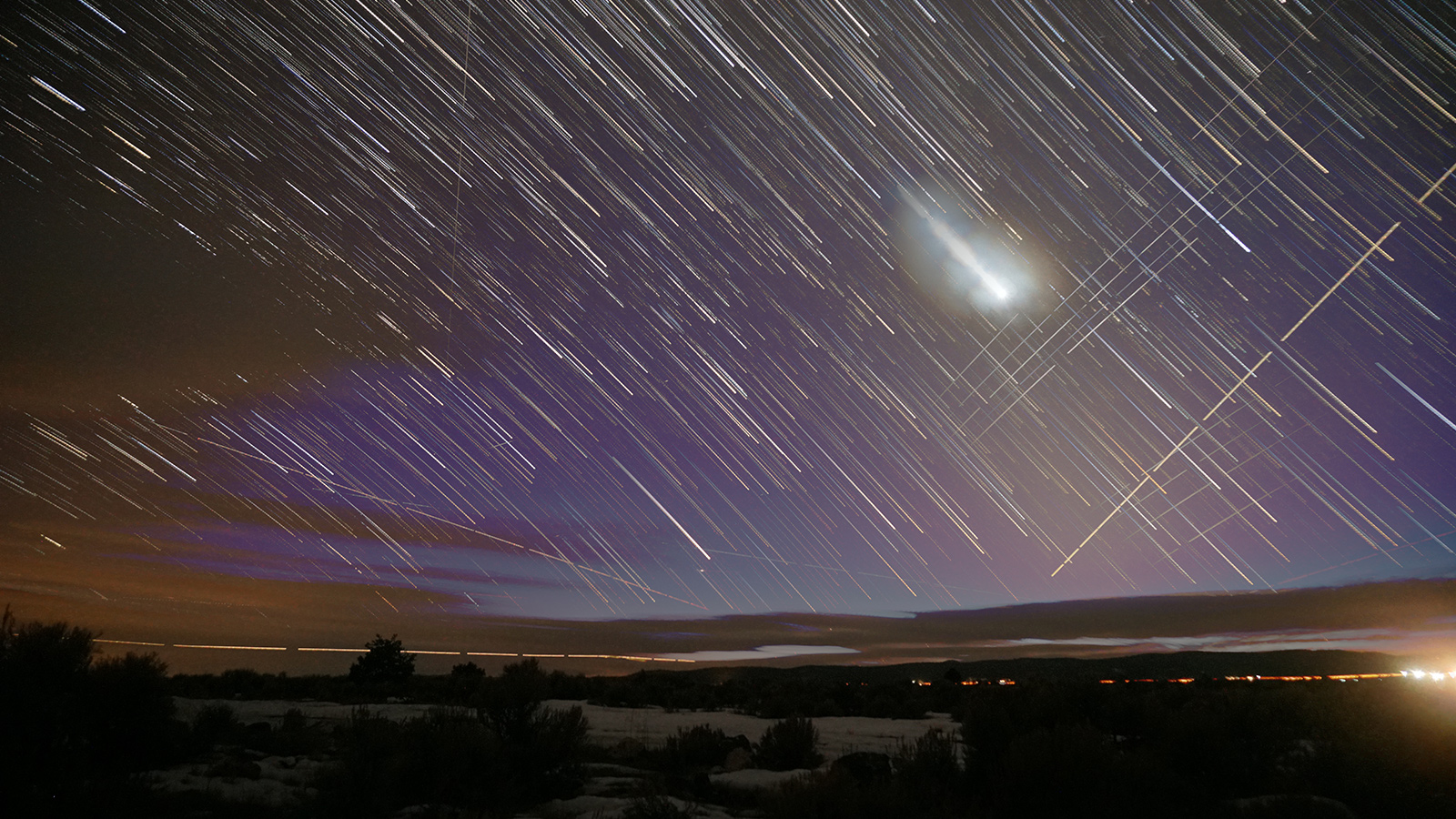Stay Up to Date
Submit your email address to receive the latest industry and Aerospace America news.
Space entrepreneurs and government managers around the world still have a chance to do something that hasn’t been done well in the history of technology: Plan ahead.
At the moment, the tendency is to launch first and worry about the impacts on the space environment later. As yet there is no agreed-upon, mandated method for de-orbiting broken or worn-out satellites. No satisfactory space traffic management scheme is in place. No process for discovering issues like the glint from the SpaceX Starlink satellites that is disrupting astronomers’ work.
Such oversights are unacceptable, given that the space environment doesn’t belong to any single government, billionaire, corporation or profession.
The most telling aspect of the Starlink saga might be that the impacts on science were unanticipated. One has to wonder what other surprises lie ahead, given that the megaconstellations are just one innovation in a broad commercial revolution that’s starting to unfold. Our future could be one of space factories, mining operations, scientific outposts and, in the boldest visions, human colonies. Space traffic management will be needed, along with optical communications, nuclear power and propulsion, artificial intelligence and more. These technologies could bring unintended consequences ranging from the annoying to the dire. Deconfliction seems like a must.
Given the stakes, the space-faring nations should establish a formal process for assessing commercial proposals for unforeseen risks and environmental impacts. Today, agencies and international organizations deconflict communications frequencies and assure launch safety, but no one is scouring proposals for the unknowns. Establishing a further-reaching review process would turn today’s collection of space enterprises into a true space community.
If government agencies around the world think they can leave such matters entirely to the wisdom of the market, they should remember the deadly explosion of the Deepwater Horizon oil platform in the Gulf of Mexico. The ensuing oil leak quickly became a political liability for U.S. President Barack Obama. A decade later scientists continue to study the effects of the spilled oil on the ecosystem of the Gulf of Mexico.
Likewise, a cascading collision among satellites or other unforeseen complication could quickly become a political liability for governments around the world. Development of the space economy could be set back many years.
We need to learn from our history, whether it plays out in the Gulf of Mexico or an astronomer’s telescope.
About Ben Iannotta
As editor-in-chief from 2013 to March 2025, Ben kept the magazine and its news coverage on the cutting edge of journalism. He began working for the magazine in the 1990s as a freelance contributor. He was editor of C4ISR Journal and has written for Air & Space Smithsonian, New Scientist, Popular Mechanics, Reuters and Space News.
Related Posts
Stay Up to Date
Submit your email address to receive the latest industry and Aerospace America news.




